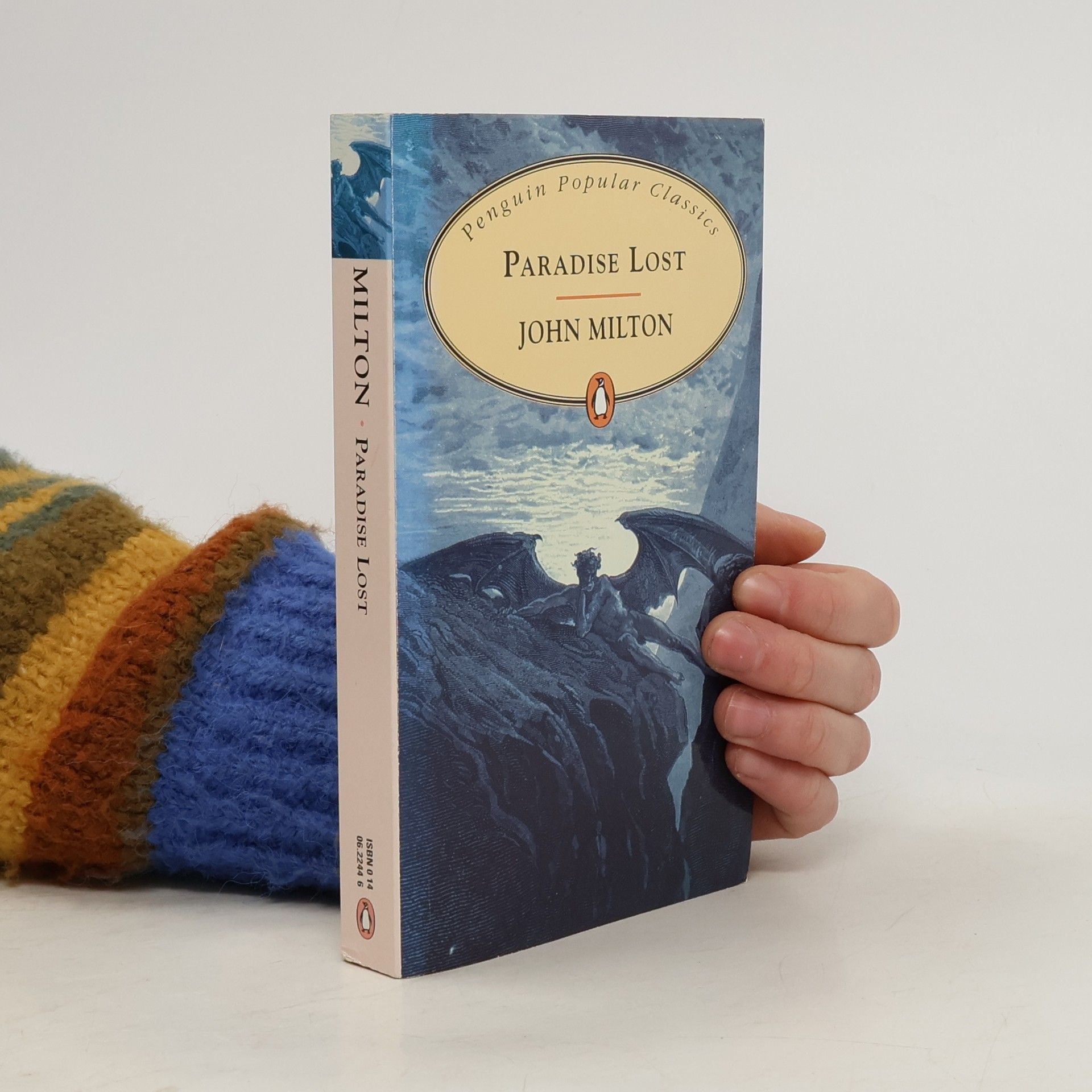This epic is Milton's most famous work, employing the heterodox theology later expounded in De Doctrina Christiana.
David Scott Kastan Libri
David Scott Kastan è uno studioso di spicco nel campo della letteratura shakespeariana. In qualità di uno dei redattori generali di Arden Shakespeare, contribuisce in modo significativo a una più profonda comprensione e interpretazione delle opere di Shakespeare. Il suo lavoro accademico si concentra sull'analisi critica e sul contesto letterario, offrendo ai lettori nuove prospettive sui testi classici. L'influenza di Kastan sugli studi shakespeariani contemporanei è considerevole.
